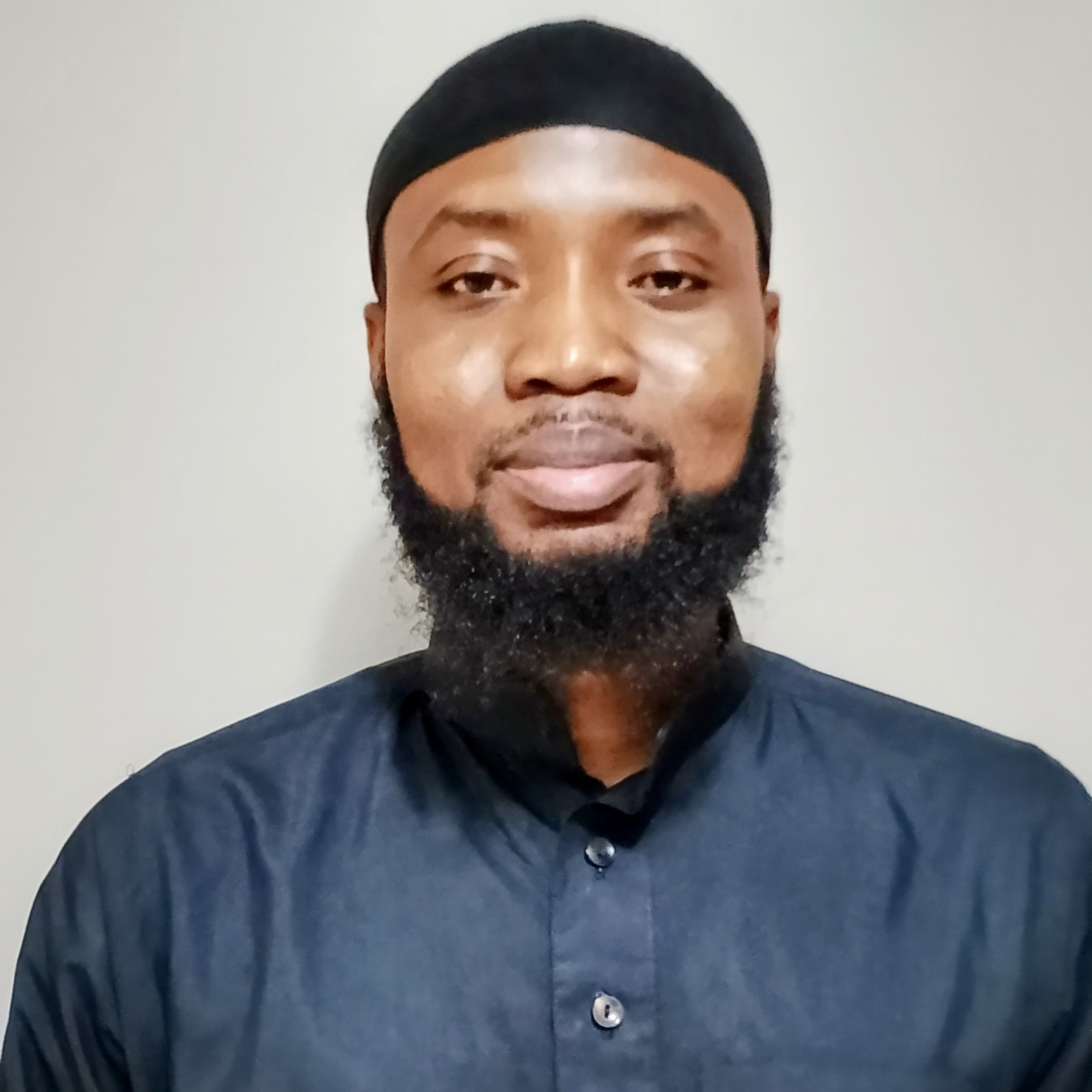Sulemana Fuseini, MSW, PhD, RSW

Contact Info
Research Interests
- Child welfare – systems and practice
- Immigrant and refugee settlement
- Muslim immigrants and refugees – identities, experiences, and systemic navigation
- Religion and spirituality in social work: education, practice, and professional well-being
- Burnout and well-being in social work practice
- Social work education and professional preparedness
- Ethical tensions in practice and organizational accountability
Biography
Dr. Sulemana Fuseini is an Assistant Professor in the Faculty of Social Work at the University of Regina. He holds a PhD in Social Work from Memorial University of Newfoundland, a Master of Social Work from Carleton University, and a Bachelor of Social Services from Laurea University of Applied Sciences in Finland.
With more than 15 years of social work experience, Dr. Fuseini has worked in both frontline and managerial capacities across Ontario and Newfoundland and Labrador, particularly within child welfare systems. His practice has spanned diverse urban settings such as Toronto, St. John’s, and Sarnia, as well as Indigenous communities in the Nunatsiavut region of Labrador, including Hopedale, Rigolet, Makkovik, and Postville.
Dr. Fuseini’s doctoral research, titled Between the Rock and Hard Places, examined how social workers in child welfare practice experience and manage the complex tensions that arise between institutional mandates, professional values, and the lived realities of the children and families they serve. This work reflects his broader research and teaching interests, which center the systemic and ethical challenges practitioners face and the need to reimagine practice through structurally aware and community-informed approaches.
Before joining the University of Regina in July 2025, Dr. Fuseini taught as a sessional instructor in the Schools of Social Work at Memorial University of Newfoundland and the University of Windsor. His teaching areas include child welfare, social justice, social work philosophy, research methods, and advanced clinical practice. Informed by critical, anti-oppressive, and decolonial pedagogies, his teaching draws deeply on his practice and lived experiences and aims to bridge theory with practice realities. He is committed to creating inclusive, reflective, and socially responsive learning environments that support students in moving from transformational knowledge to transformational action. His approach to teaching is deeply tied to his broader commitment to community-engaged and collaborative scholarship—work that amplifies historically excluded voices, challenges dominant structures, and nurtures reciprocal relationships between academic and community spaces.
Dr. Fuseini’s scholarly and professional commitments are deeply informed by his lived experiences across diverse cultural, national, and social contexts. His work is shaped by a transnational and relational perspective that informs his understanding of justice, belonging, and community. These intersecting experiences ground his teaching, research, and engagement in a vision of social work that is accountable, relational, and firmly rooted in the everyday realities of the individuals and communities central to his scholarship and practice.